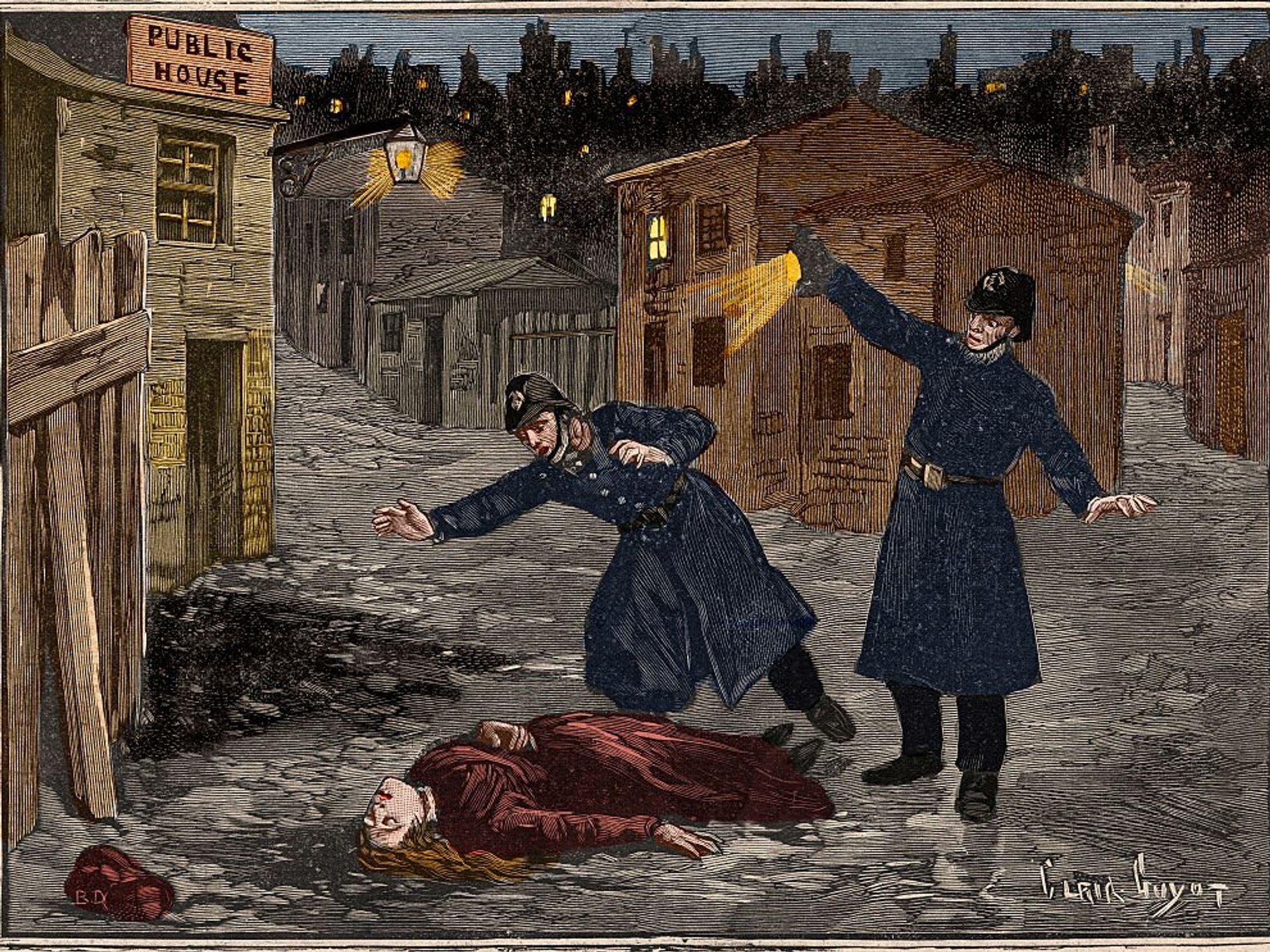Andrew Doyle: 'Wokeo and Juliet' fad won't last but Shakespeare will

By Andrew Doyle
Published: 22/08/2021
- 20:36Updated: 23/08/2021
- 06:31Shakespeare will last. This current woke fad certainly won’t.
Don't Miss
Most Read
Latest
Have you seen that play about that Scottish bloke who murders his own cousin to be king, and then sends assassins to kill his best friend and his rival’s wife and children? Or the one about the man who falls in love with a princess only to discover that she’s trapped in an incestuous relationship with her father? Or the one about the man who seeks revenge on his daughter’s rapists by cutting them up into tiny pieces, baking them into a pie and feeding them to their own mother?
If all of this sounds familiar, that’s because they’re all plays written by William Shakespeare. More specifically, Macbeth, Pericles and Titus Andronicus. It can be pretty grisly stuff.
I suppose you could say this was just a different time. In the Elizabethan era, public executions were a day out for the family. Taking the kids to see some poor guy’s intestines being slowed drawn out before being dismembered was their version of Alton Towers. Just without the overpriced confectionary.
But in truth, the Elizabethans were just like us. They understood the difference between fiction and real life. Think about the popularity of Game of Thrones – the murder of Walter Fray is lifted straight from Titus Andronicus. So why is it that a current production of Romeo and Juliet at the Globe Theatre in London comes with an extensive page-long trigger warning for the audience? Surely anyone who goes to watch a Shakespeare play knows what they’re about to see? And even if they’d skipped every English lesson at school, if you’re the sort of person who is likely to be traumatised by stories of love, death, power and revenge, maybe the theatre’s not for you.
It’s not just trigger warnings though. The Globe Theatre has also provided audience members with the hotline number for the Samaritans, in case anyone needs counselling after watching the play. And however well-intentioned that might be, I’m not convinced that theatre audiences need to be coddled quite so much. It all seems a little patronising, doesn’t it?
In fact, this entire new production of Romeo and Juliet is a ‘woke reimagining’ of the classic love story in which the play is reinterpreted as a comment on mental health. The lovers’ obsession for each other is presented as some kind of mental disorder, with statistics about depression among teens even projected onto a screen above the stage. The suicides at the end are explained away in similar terms.
Now I haven’t seen the show; I might really love it. By all accounts the production is well polished and features very strong performances. But I always find that whenever art becomes too didactic it also becomes preachy and banal. In other words, it’s less about art and more about education. The trigger warnings are just an extension of this. Because for woke activists, art and literature isn’t there to delve into the complexities of human existence or to offer us glimpses of the numinous, it’s to educate the masses on the correct way to think and behave. Books, plays, films, are all reduced to the question of whether they bolster the powerful or amplify the voices of the oppressed. This is why woke activists seem so literal-minded whenever they’re talking about works of art – they simply don’t get it: they accuse artists of cultural appropriation, tell them to “stay in their lane”, they confuse the representation of evil with the endorsement of it, and they even call for censorship if they don’t like the way in which artists choose to express themselves.
But it’s not just activists. Academics who have immersed themselves in postmodernist thought are often similarly incapable of grappling with literature in anything other than a superficial way. Even the people who run the Globe Theatre, who you would have thought might have some regard for Shakespeare’s artistry, have been running seminars to decolonise his plays, which they now see as upholding whiteness. This, of course, is activism masquerading as criticism.
If your appreciation of great literature depends on the extent to which it supports your own ideology, you’re very much missing the point.
Former artistic director Emma Rice was perhaps the first to really push identity politics in the Globe. She even admitted that she found Shakespeare boring. Nothing wrong with that, although I do think if I found Shakespeare boring I probably wouldn’t apply to be artistic director of Shakespeare’s Globe Theatre. Nor would I expect to be shortlisted, let alone get the job. It's a bit like training to be a chiropodist when you can't stand the sight of feet.
And when the current artistic director Michelle Terry took on the role in 2018, she made it clear that diversity and inclusivity were her priorities. As she said to Time Out: ‘I think this binary way of looking at gender, looking at the world, has reached a tipping point. We’re doing a gender-blind, race-blind, disability-blind production of Hamlet.’ That show didn't go well. As one critic waspishly mused - to leave or not to leave. That is the question.
I wonder whether when Shakespeare was finishing Hamlet, he looked over the manuscript and thought to himself “well this seems pretty good, but what it really needs is a black disabled lesbian in the title role.”
And the thing is, that could be quite interesting. When Frances de la Tour played Hamlet in 1979 it was a radical gesture. But such casting these days is the opposite of radical - it isn't making a statement against establishment thought. It’s bolstering it. The woke ideology is the establishment now, so there’s nothing subversive about a woke Romeo and Juliet. Virtually every other artistic director, TV commissioner and publishing house is doing exactly the same thing. In fact diversity is a prerequisite for eligibility for the BAFTAs. This isn’t radical, it’s mundane.
Moreover, when you impose the fashionable beliefs of our time onto historical texts, you risk denuding them of much of their profundity. The Two Gentlemen of Verona will always be far more exhilarating than The Two Transwomen of Brighton and Hove. Because one deals with universal human themes of love, friendship, infidelity, and the eternal conflict of reason against passion. And the other is just tokenistic identity politics. Shakespeare will last. This current woke fad certainly won’t.











